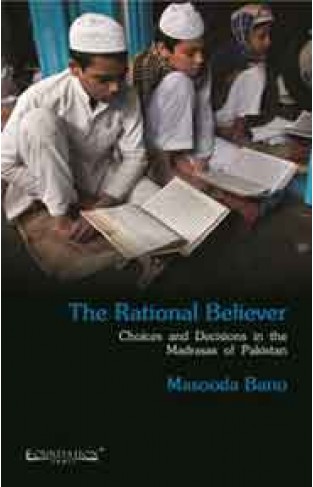Islamic schools, or madrasas, have been accused of radicalizing Muslims and participating, either actively or passively, in terrorist networks since the events of 9/11. In Pakistan, the 2007 siege by government forces of Islamabads Red Mosque and its madrasa complex, whose Imam and students staged an armed resistance against the state for its support of the war on terror, reinforced concerns about madrasas role in regional and global jihad. By 2006 madrasas registered with Pakistan's five regulatory boards for religious schools enrolled over one million male and 200,000 female students.
In The Rational Believer, Masooda Bano draws on rich interview, ethnographic, and survey data, as well as fieldwork conducted in madrasas throughout the country to explore the network of Pakistani madrasas. She maps the choices and decisions confronted by students, teachers, parents, and clerics and explains why available choices make participation in jihad appear at times a viable course of action.
Bano's work shows that beliefs are rational and that religious believers look to maximize utility in ways not captured by classical rational choice. She applies analytical tools from the New Institutional Economics to explain apparent contradictions in the madrasa system for example, how thousands of young Pakistani women demand the national adoption of traditional sharia law, despite its highly restrictive limits on female agency, and do so from their location in Islamic schools for girls that were founded only a generation ago.












